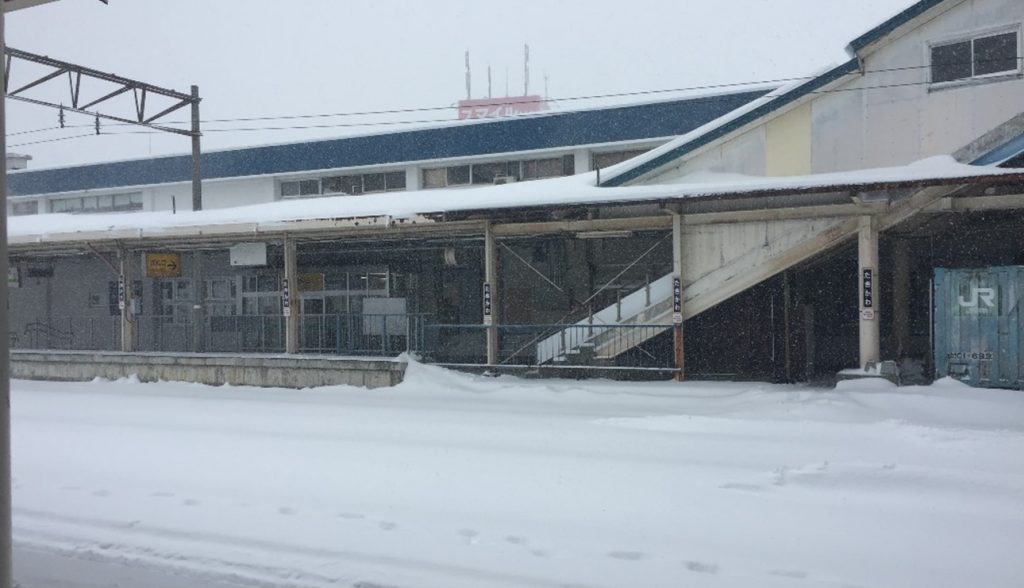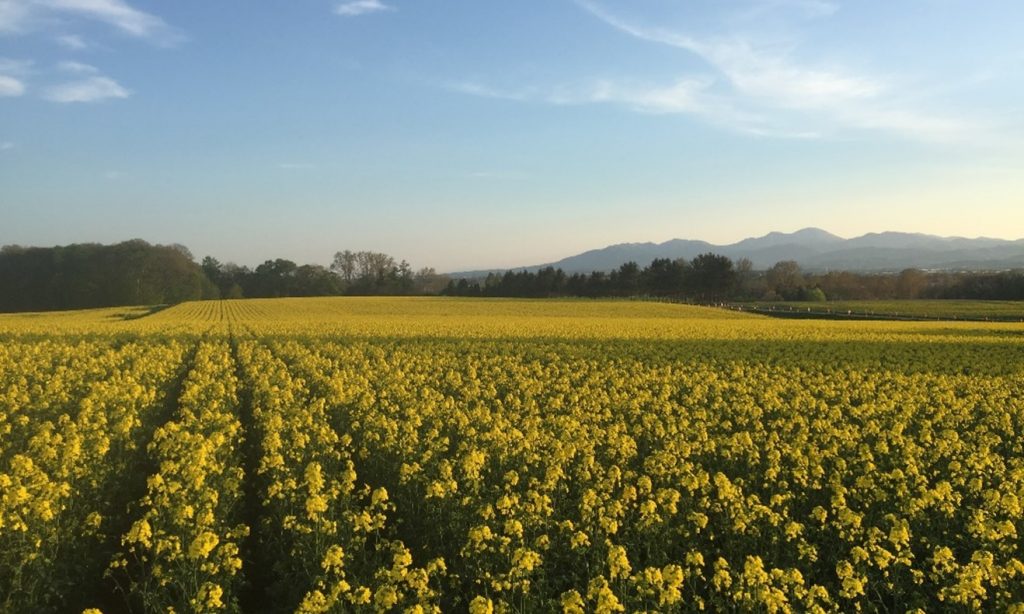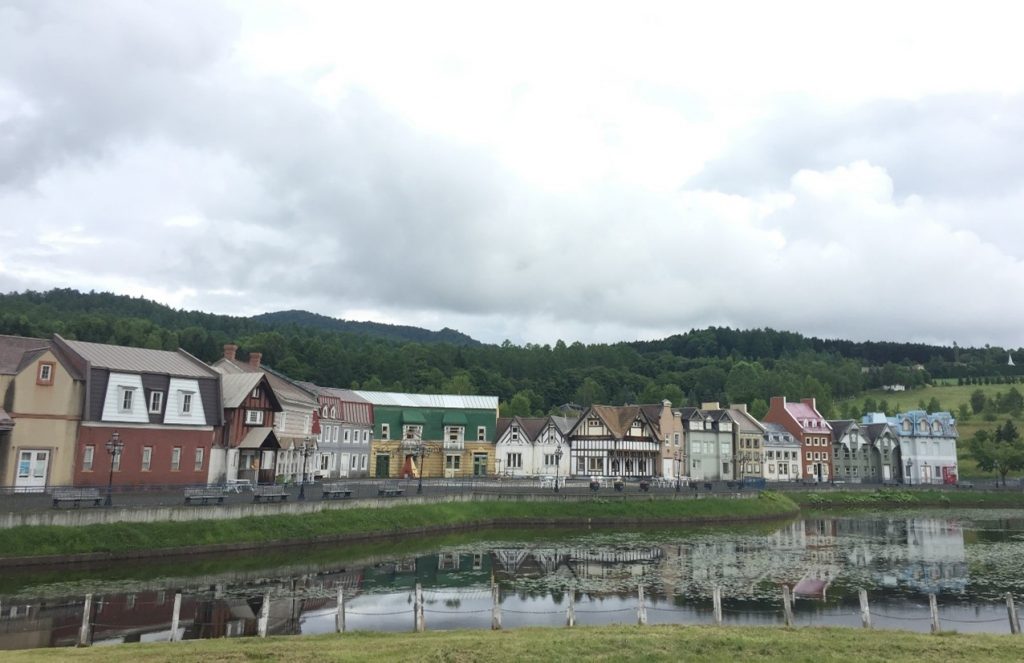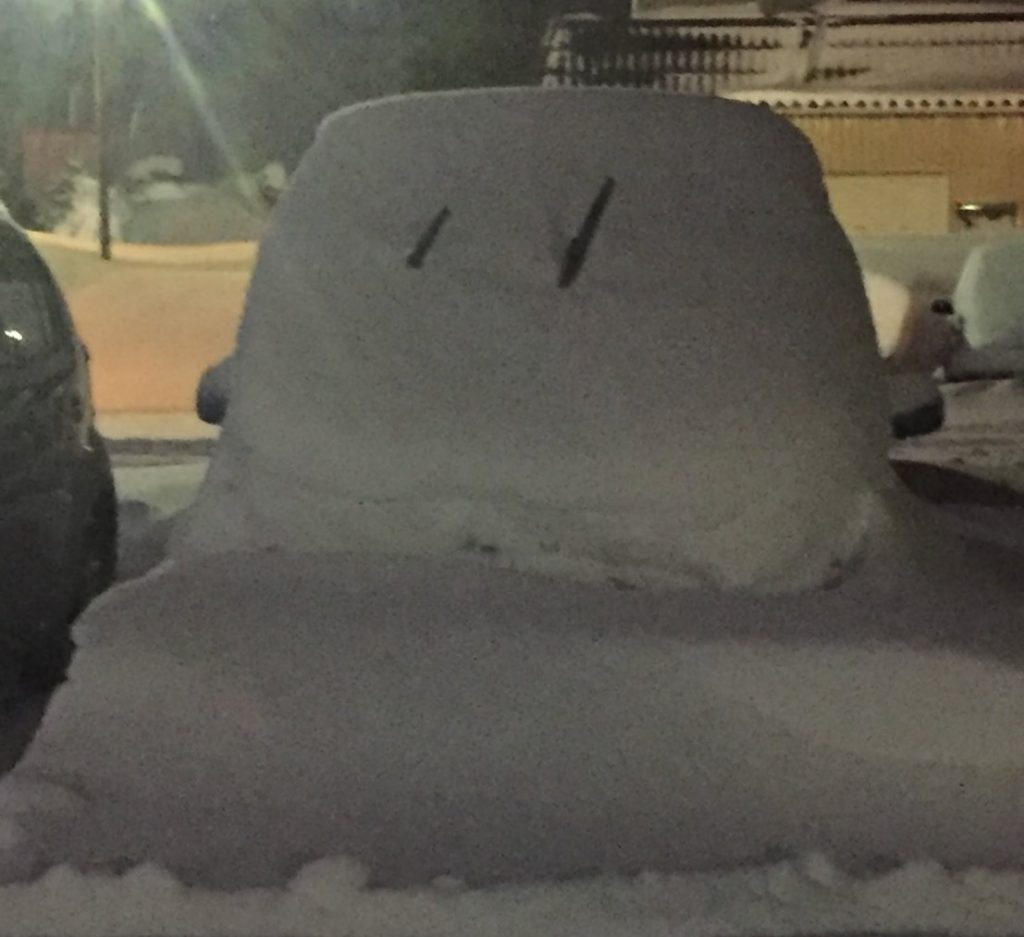by Lynn Ng
As a child, whenever I complained about Singapore’s horrible heat and humidity, my parents would show me pictures of snowscapes. “Mind over matter,” they always said. I never believed in the “science” behind my parents’ actions, because those pictures only ever made me feel envious of people who do not live in the tropics and never any cooler than before. Yet, this week as I sweat through yet another T-shirt in Berlin, I decided to look up the photographs of my time in snowy Hokkaido for comfort in this hot time. Along with this decision came a strong nostalgia for this region I once called home.

Copyright © Lynn Ng 2016
In 2015, I transplanted myself from tropical sunny Singapore to a rural town that buries itself in over 200cm of snow every winter. I enjoyed the snow – the softness and refreshing cold that comes with it. But more than snow, I relished the quiet rurality. Rural Japan, and especially rural Hokkaido, is beautiful. Like most urbanites in rural Japan, I arrived with rose-tinted glasses. Everything in the countryside was wonderful – the untouched nature, the friendly people, the countless cheap hotsprings… the list goes on.

Copyright © Lynn Ng 2017
Over the years, I would notice how tinted these glasses were for rural Hokkaido is of course not without its problems. There were moments when I wanted to catch a movie in the theaters only to realize the nearest showing was in a city two hours away. The train there would arrive at either 8 a.m. or 4 p.m., or would be cancelled in case of snow. Such trivialities aside, I saw also the underutilized theme parks and landmarks built with private funds during the bubble or supported by government funds for rural revitalization. Many local residents complained to me that these projects were a waste of money since no one goes there, and yet these parks were some of my favorite places to visit for the additional quietness.

Copyright © Lynn Ng 2017
Let us also not forget that rural Hokkaido also has plenty of snow, and with it comes the art of yukikaki (snow shoveling) that is the pride of Hokkaidoians – the Dosanko. Much like household chores, yukikaki is a mundane activity many Dosankos do especially in the wee hours of the morning. Dosankos have repeatedly told me that yukikaki was a means of boosting work ethic and instilling discipline in children. I once met a family who chose to start a farm in Hokkaido because they thought it would instill the best work ethic in their children – something urban cities or other rural places in Japan could not offer because of the extra activity of yukikaki. For three years, I simply found yukikaki a chore.
Perhaps I never had good discipline to begin with, nor particularly strong work ethics by Japanese standards. Or was it because I never did yukikaki and thus have no discipline? Which came first? And for this, every winter I was reminded of being the “outsider.”

Copyright © Lynn Ng 2016
Indeed, rural Japan and rural Hokkaido carries with it its own set of problems. As I reminisce about the goods and bads of my three years in there, I can only proudly say that I regretted nothing of it. Perhaps my glasses are still rose-tinted till today, or perhaps there is something truly enticing about rural Hokkaido that one cannot simply let go of despite all of its problems.
